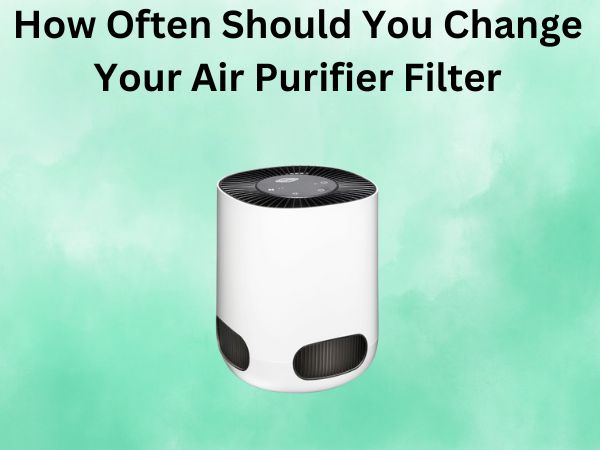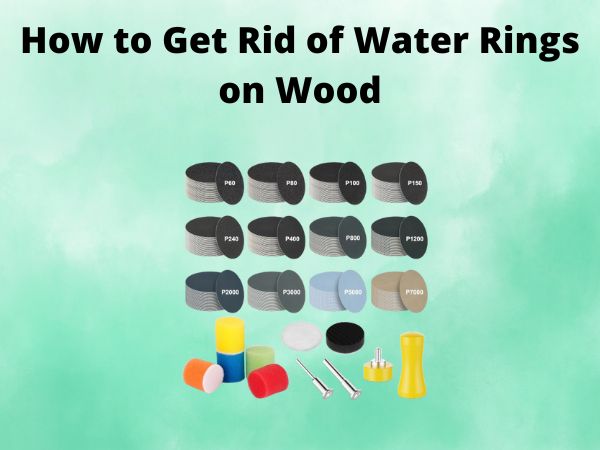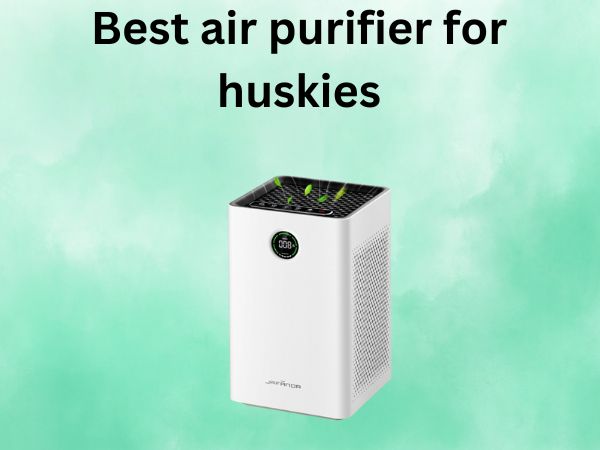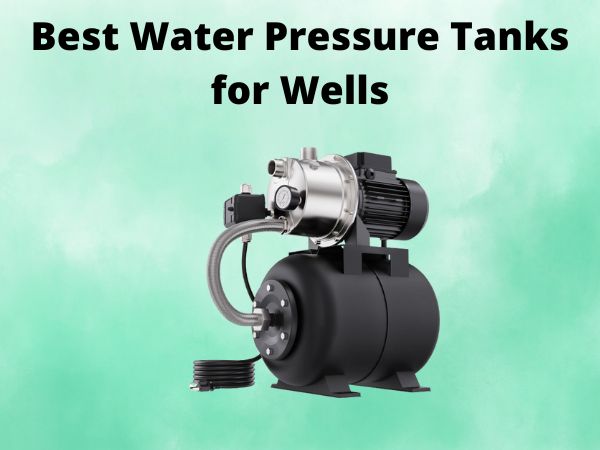How Often Should You Change Your Air Purifier Filter?
As someone who takes pride in maintaining a clean and healthy living environment, I know the importance of regularly changing the filter in my air purifier. But how often should this task be done, and what factors influence the frequency? In this comprehensive guide, I’ll share my expert insights to help you keep your air purifier running at peak efficiency.
Table of Contents
Understanding the Importance of Changing Air Purifier Filters
The filter in your air purifier is the heart of the device, responsible for trapping airborne pollutants and ensuring the air you breathe is clean and fresh. Over time, as the filter accumulates dust, pet dander, pollen, and other contaminants, its effectiveness diminishes. Failing to change the filter can lead to a range of issues, including:
- Decreased Air Purification Efficiency: A clogged filter reduces the airflow through the purifier, making it less effective at removing allergens and other harmful particles from the air.
- Increased Energy Consumption: A dirty filter forces the air purifier to work harder, resulting in higher energy usage and higher utility bills.
- Potential Health Risks: A neglected filter can become a breeding ground for bacteria and mold, which can then be circulated back into the air, potentially causing respiratory issues or aggravating existing conditions.
Factors That Influence Filter Replacement Frequency
The optimal frequency for changing your air purifier’s filter can vary depending on several factors:
Usage Intensity
If you live in a high-pollution area, have pets, or run your air purifier for extended periods, the filter will become dirty more quickly and require more frequent replacement.
Filter Type
Different filter materials have varying lifespans. For example, HEPA filters typically last longer than carbon filters, which can become saturated with odors and pollutants more rapidly.
Room Size
Larger rooms require air purifiers to work harder, which can shorten the filter’s lifespan. A smaller, more confined space may allow the filter to last longer before needing replacement.
Maintenance Habits
Regular cleaning and vacuuming of the air purifier’s exterior can help extend the filter’s lifespan by preventing excessive buildup of dust and debris.
Recommended Filter Replacement Schedules
While there’s no one-size-fits-all answer, here are some general guidelines for how often you should change your air purifier’s filter:
- HEPA Filters: Every 6 to 12 months, or as recommended by the manufacturer.
- Carbon Filters: Every 3 to 6 months, or as recommended by the manufacturer.
- Combination Filters: Every 6 to 9 months, or as recommended by the manufacturer.
It’s important to note that these are just general recommendations, and the actual replacement schedule may vary depending on your specific use case and the manufacturer’s instructions. It’s always a good idea to closely monitor your air purifier’s performance and replace the filter when you notice a decrease in its effectiveness.
Conclusion
Regularly changing your air purifier’s filter is a crucial step in maintaining its efficiency and ensuring the air you breathe is clean and healthy. By understanding the factors that influence filter lifespan and following the recommended replacement schedules, you can keep your air purifier running at its best and enjoy the benefits of improved indoor air quality.
Frequently Asked Questions
How do I know when to change my air purifier filter?
There are a few signs that indicate it’s time to change your air purifier filter: decreased airflow, reduced effectiveness in removing odors or pollutants, and a visible buildup of dust or debris on the filter. It’s also a good idea to consult the manufacturer’s recommendations and replace the filter as specified.
Can I clean my air purifier filter instead of replacing it?
Some filters can be cleaned, but it’s generally not recommended to rely solely on cleaning as a long-term solution. Over time, the filter material can become damaged or saturated, reducing its effectiveness. It’s best to follow the manufacturer’s guidelines and replace the filter at the recommended intervals.
What happens if I don’t change my air purifier filter?
If you don’t change your air purifier filter, the device will become less effective at removing pollutants from the air. This can lead to decreased indoor air quality, increased energy consumption, and potential health risks due to the buildup of contaminants in the filter.
Can I use a generic replacement filter for my air purifier?
It’s generally recommended to use the replacement filters specified by the air purifier manufacturer. Generic filters may not fit properly or provide the same level of filtration efficiency as the original filters. Using the wrong filters can reduce the effectiveness of your air purifier and potentially void the warranty.
How do I dispose of my used air purifier filter?
Most air purifier filters can be disposed of with your regular household waste. However, some filters may contain materials that require special handling, such as activated carbon. Check the manufacturer’s instructions or local waste disposal guidelines to ensure you’re disposing of the filter properly.





